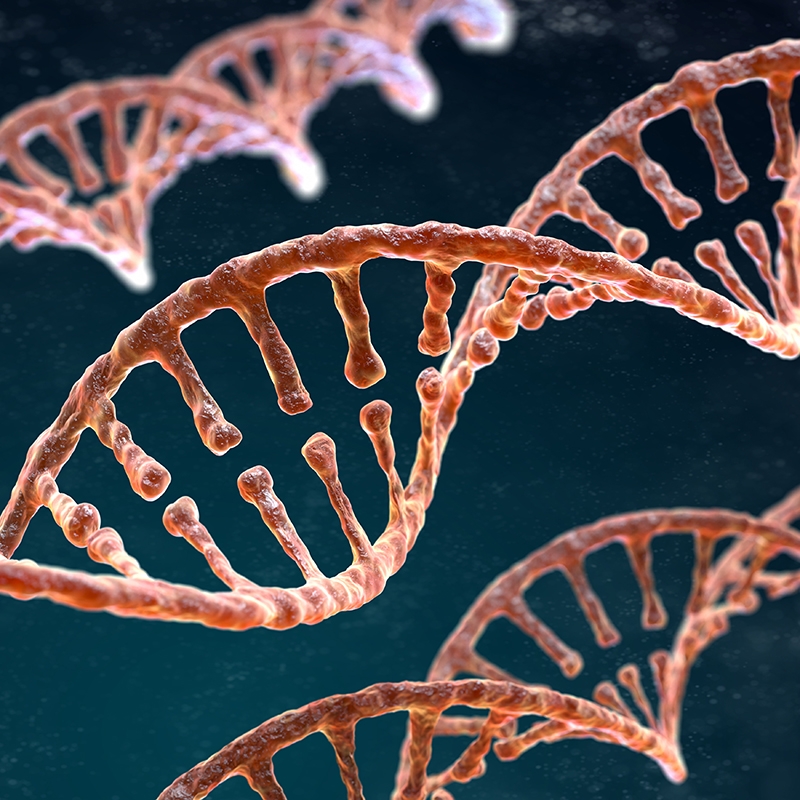
By: Mailing A., Lien Th. & Jenifr T.
Year: 2020
School: Westminster High School, 12th grade
Division: Senior
Inflammation is an immune response which has been linked to cancer, cardiovascular related diseases, and dermatitis. Our project’s purpose is to find a specific DNA gene found in various fruits and Southeast Asian-based plants that gives the plant anti-inflammation properties.From our mentors’ experiment in the year prior, longan was confirmed to be able to fight inflammation.
From further research, we found that the PPO gene (Polyphenol Oxidase) is found in longan and contained anti-inflammation properties. This year, we are trying to find and confirm the presence of the PPO gene in other fruits and plants in order to find plants that can be used for more natural mediceutical methods to fight inflammation. For our experiment, we began extracting as much DNA as we could from our samples of blueberries, longan (our positive control), turmeric, grapefruit, caterpillar fungus, and tangerine using shampoo, ice cold ethanol, and water.
Next, we conducted PCR using reverse and forward primers, centrifuge, and the vortex thermal cycler to amplify the amount of DNA copies. After running the gelelectrophoresis for one hour and using the PPO 1 reverse and forward primers for PCR, we can confirm the presence of the PPO gene in longan, blueberries, tangerine, and grapefruit; and no presence of PPO in distilled water (negative control).IntroductionInflammation is a physical condition that is linked to diseases such as dermatitis, cancer, and cardiovascular related diseases. In the U.S., 1 in 2 women and 1 in 3 men develop cancer at some point in their lifetime. Antioxidants inhibit oxidation and terminate chain reactions that damage cells in organisms.
Using our knowledge of antioxidants being produced by fruits known to fight inflammation, we are trying to verify the same genes found in each of our fruit and plant samples that have a gene that gives them the attribute.
We hypothesize that SoutheastAsian-based plants and fruits that produce Polyphenol expresses the PPO Gene which hasanti-inflammatory Properties.Background ResearchFrom researching with UCI mentors on various fruits and plants by stimulating the cells through the SANDWICH ELISA process, we measured the rate of inflammation using TumorNecrosis Factor Alpha (TNF-ɑ) and found that Longan has the ability to reduce inflammation due to the high viability of living cells.Through our further research, we also found that Longan produces Polyphenol.
Now, we are specifically looking into the Polyphenol Oxidase gene (PPO) then applying it to otherAsian-based plants and fruits, which is known to alleviate inflammation.Our project is about exploring a variety of plants containing anti-inflammation properties.Due to Southeast Asian based fruits and plants having medicinal properties, we hypothesized that they produce the gene, PPO (Polyphenol Oxidase), which is a gene that allows a plant to wieldantioxidants and anti-inflammatory properties.
